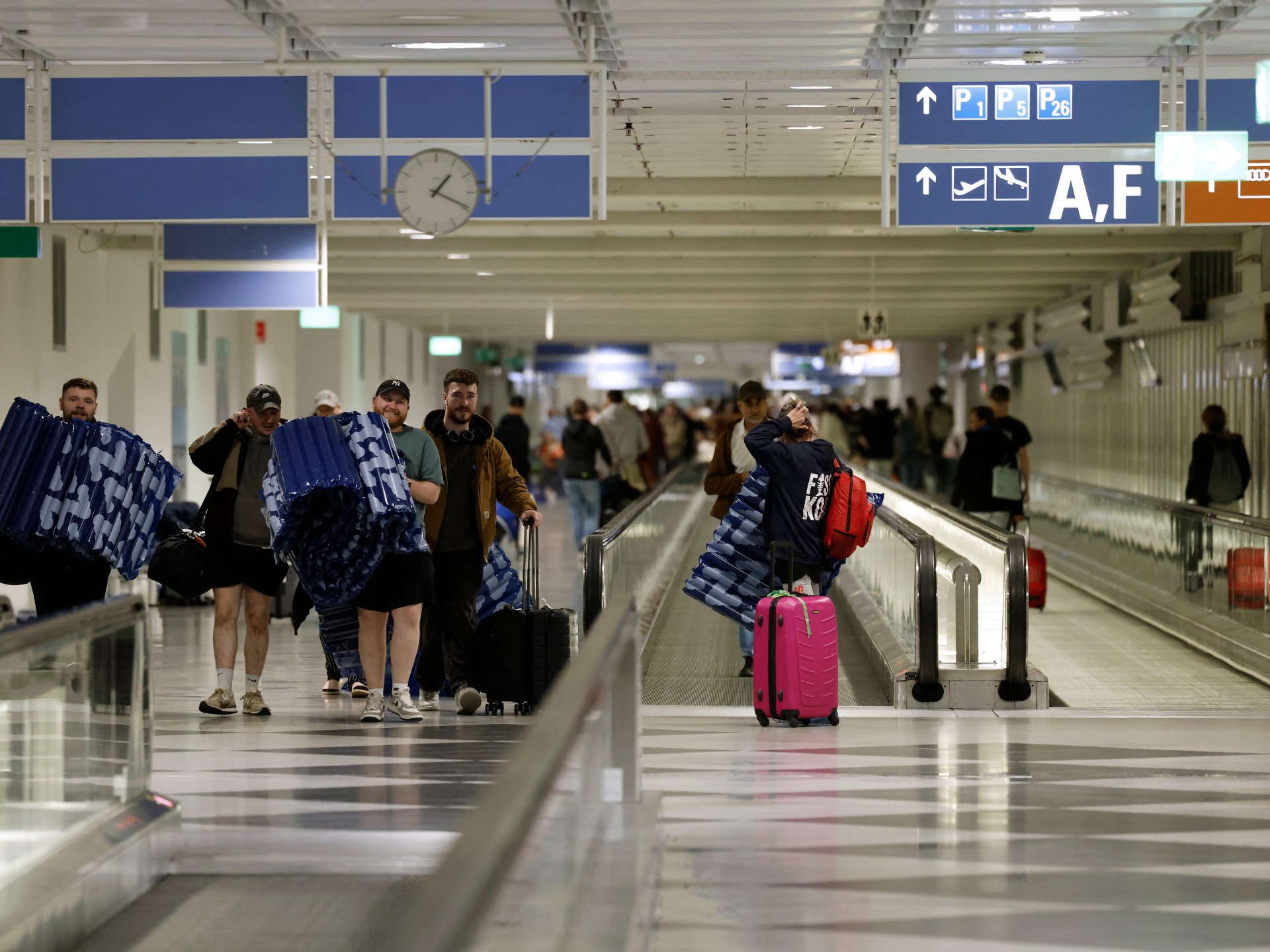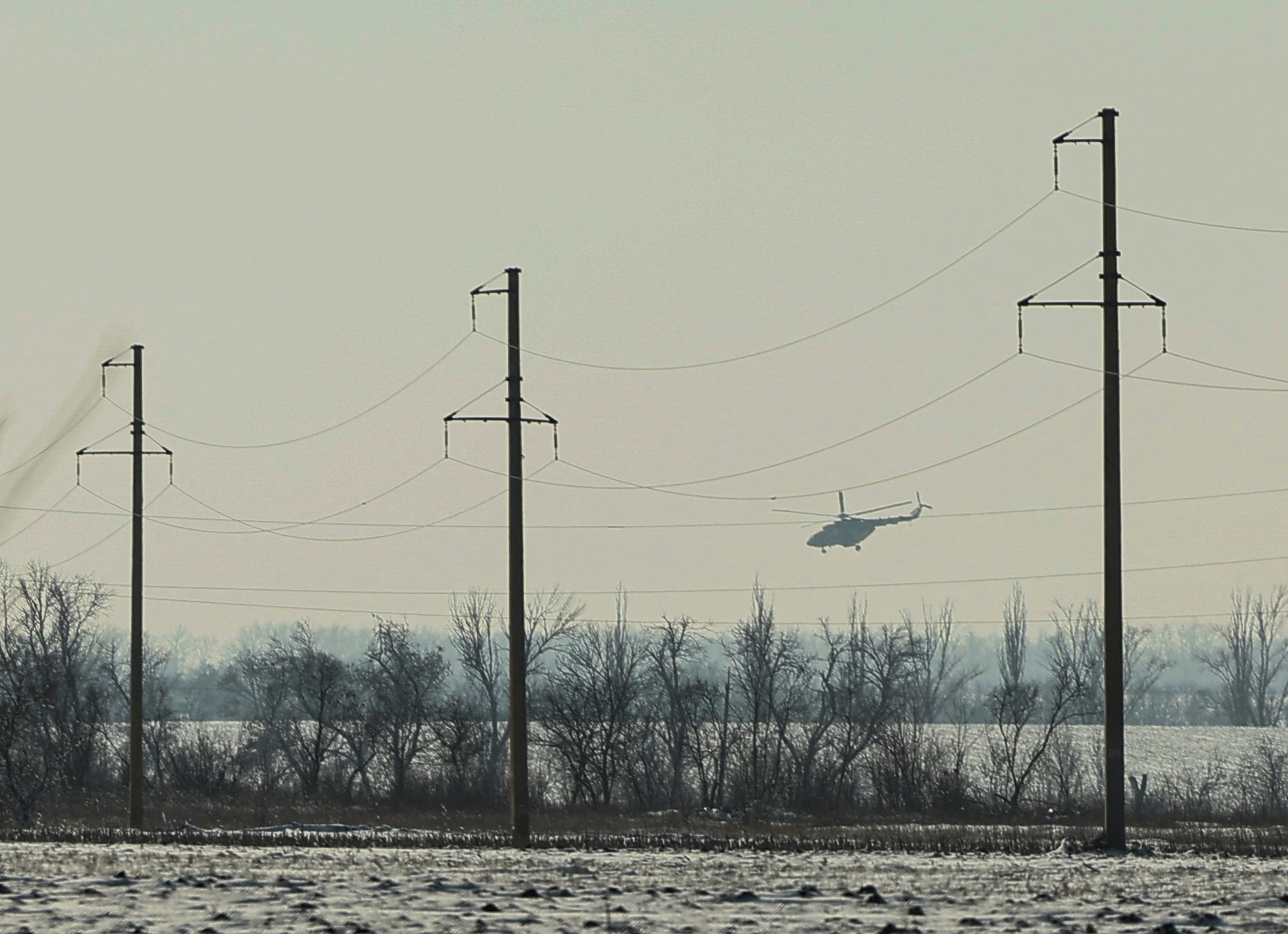Published On 4 Oct 2025
LIVE: Chelsea vs Liverpool – English Premier League


Published On 4 Oct 2025


Israel’s terrifying playbook for Gazan journalists.
We examine the repeated arbitrary killing of Palestinian journalists in Gaza during the two years of the Israeli genocide in this special episode. Local journalists have risked their lives to document the unprecedented killing, destruction, and displacement of those who live in the Strip.
More journalists have been killed in Gaza than in any other contemporary conflict since October 7, 2023. Reporters have been hurt, seen their families killed, or themselves, as well as their homes and offices, which have been torn apart.
This episode exposes Israel’s extraordinary playbook for threatening, intimidating, smear, and taking aim at Palestinian journalists.
Contributors:
Wael Dahdouh, the bureau chief for Gaza, Al Jazeera
Committee to Protect Journalists’ CEO, Jodie Ginsberg
Editor of Drop Site News, Sharif Abdel Kouddous, journalist and editor
Author and journalist Rachel Shabi
Published On 4 Oct 2025


Published On 4 Oct 2025
In a statement on X, the Israeli army said on Saturday that the area north of Wadi Gaza, which includes decimated Gaza City, is “still considered a dangerous combat zone” and called on residents there to move south via Rashid Street, the coastal route. It added that Israeli forces continue to surround Gaza City and “attempts to return there pose a significant risk”.
list of 3 itemsend of list
Southern Gaza is packed with hundreds of thousands of displaced Palestinians living in overcrowded enclaves, hoping to be able to return to the north.
“We were waiting for this good news. We were waiting for Hamas to accept and for our lives to become as nice as it was before, or even better”, a displaced Palestinian speaking from Nuseirat in central Gaza told Al Jazeera. “We hope for more good news to come, we hope to return to Gaza City”, he said, without sharing his name.
The continuous bombardment of Gaza City has razed the territory’s largest urban centre, killing dozens of people daily, destroying numerous residential buildings and schools, and forcing tens of thousands of Palestinians to flee to an unknown fate to the south, often while being attacked en route.
Since mid-August, when Israeli troops launched a new punishing assault on Gaza City, the Office for the Coordination of Humanitarian Affairs (OCHA) recorded more than 400, 000 movements from northern to southern Gaza, mainly to Deir el-Balah and Khan Younis.
This exodus of forced relocation intensified as the Israeli army started flattening dozens of high-rise buildings in early September, followed by a mass displacement order to the whole of Gaza City on September 9.
The Israeli army warning comes after Hamas said late on Friday that it had agreed to certain provisions of the White House’s 20-point plan, including the release of all captives. Other elements would need further negotiations, the Palestinian group said. Its response was welcomed by Trump and world leaders, despite major sticking points remaining – such as the withdrawal of Israeli troops from the enclave and Hamas’s disarmament.
In a statement in the early hours of Saturday, the Israeli army said the chief of staff had ordered to “advance readiness” for implementing the first phase of Trump’s plan for the release of all captives. While it was not clear what that meant in terms of military actions, Israeli media reported that Israeli troops had shifted to solely defensive operations.

Published On 4 Oct 2025
According to the Indian cricket board, Rohit Sharma will succeed Shubman Gill as their one-day international (ODI) men’s captain.
The Board of Control for Cricket in India (BCCI) released a statement on Saturday, stating that Rohit was India’s all-format captain up until June 2024. Along with Virat Kohli, Rohit is one of the country’s 15-man squad for the ODI series against Australia.
Gill will succeed Rohit in becoming the Test captain as soon as the ODI series in Australia takes place on October 19th, the format taking over.
When his team won the ICC Champions Trophy 2025 title against New Zealand in Dubai in the final, Rohit led India in the ODI format.
The 38-year-old also helped India win the second ICC Men’s T20 World Cup in Barbados in 2024, and he and Kohli announced that they were retiring from the 20-over format.
Following the 2024-25 Test tour of Australia, the legends of Indian cricket have also hung up their boots in the longest game.
Kohli, who turns 37 in November, has also stopped playing in the Tests.
In July, Suryakumar Yadav led India’s triumphant T20 Asia Cup 2025 run, replacing Rohit with Suryakumar Yadav as the T20 international captain.
India’s T20I series included five matches against Australia, and there were no surprises in the lineup.
India’s Tour of Australia squad has been announced.
#TeamIndia named #TeamIndia as its #TeamIndia Captain for ODIs, according to Shubman Gill.
In the October-November photo of the #AUSvIND bilateral series, Australia will play three ODIs and five T20Is. twitter.com/l3I2LA1dBJ